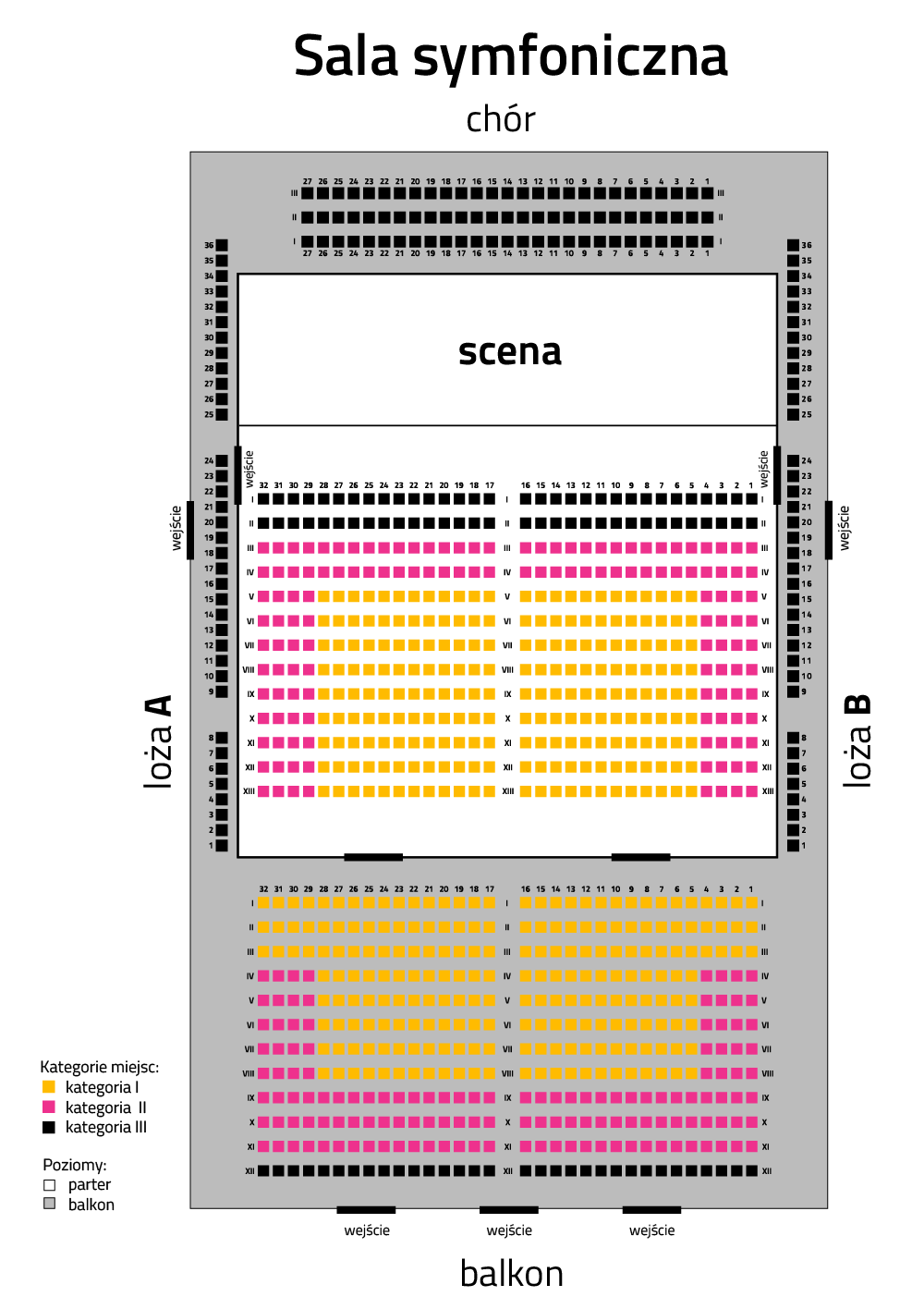Although Wolfgang Amadeus Mozart remains the most famous composer of all time, his music still surprises. Perhaps this is because we think of him as a young composer, approaching life too lightly and rejecting rules and conventions. If, however, we reject this image for a moment, under the mantle of entertaining music we will find thoughts about music expressed literally for the first time in history. And Mozart's thoughts are worth focusing on while listening to his music.
Countless texts have been written about Mozart's works, so we will pay attention only to some of their features. Divertimento in F major is also called the "Salzburg Symphony" (No.3). Fifteen-year-old Wolfgang was already a famous musical "phenomenon". Soon he would end a period of intense travel with a strict father and start service for the archbishop. Symphony No. 29 in A major comes from the same time. Listening to these compositions, it's hard to believe that the joyful thoughts contained in them will soon turn into stormy and sometimes extremely difficult emotions.
"I struggle with utter helplessness when I have to write for this instrument" – this sentence gives sleepless nights to all flutists to this day. Contemporary musicology has already formulated the conclusion that it was only to be a poor excuse for not completing the larger order for flute pieces that had been made to Mozart (after all, he wrote 'The Magic Flute', so negative thoughts about this instrument could not be true or permanent). As for the clarinet, friendship with the outstanding musician Anton Stadler resulted in several virtuoso pieces for this instrument. Composed in the last year of Mozart's life, the very famous concerto carries a certain truth about life – more homophonic textures are being replaced by dialogue thought and the interpenetration of different layers of music.
Yet ‘Eine Kleine Nachtmusik’ is the most famous piece of all time! Musicologist Alfred Einstein (please do not confuse him with the famous physicist Albert), one of the greatest experts on the music of Mozart, believed that this was one of the few compositions that was created only because of the composer's internal need. Considering what Mozart wrote about the flute before, we can believe it. Besides, who would dare to disagree with Einstein's thought today.
Joyful and nostalgic, full of unexpected phrases and consistently predictable, bringing truth and appearances.
Exhibition available during event:
Śmieję się, aż zasnę | Wystawa zbiorowaIlu nas jest to kolektyw ilustratorski, w skład którego wchodzą Pola Augustynowicz, Joanna Bartosik, Łukasz Drzycimski, Grzegorz Myćka, Dorota Piechocińska, Olek Pujszo i Ola Szmida. Artyści cyklem wystaw w całej Polsce pod tytułem „Śmieję się, aż zasnę” starają się przybliżyć szerszej publiczności swoją pracę.
DETAILS
VIVAT MOZART
24-01-2020 19:00

Symphony HallFilharmonia im. Mieczysława Karłowicza w Szczecinie
ul. Małopolska 48
70-515 Szczecin

